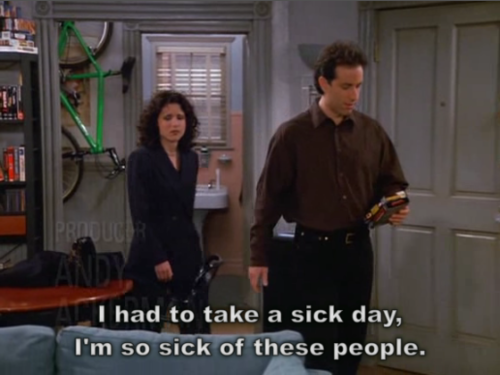I woke up this morning with the sundown shining in
I found my mind in a brown paper bag but then
I tripped on a cloud and fell-a eight miles high
I tore my mind on a jagged sky
I just dropped in to see what condition my condition was in
Yeah, yeah, oh-yeah, what condition my condition was in
I pushed my soul in a deep dark hole and then I followed it in
I watched myself crawling out as I was a-crawling in
I got up so tight I couldn't unwind
I saw so much I broke my mind
I just dropped in to see what condition my condition was in
Yeah, yeah, oh-yeah, what condition my condition was in
Someone painted April Fool in big black letters on a Dead End sign
I had my foot on the gas as I left the road and blew out my mind
Eight miles outta Memphis and I got no spare
Eight miles straight up downtown somewhere
I just dropped in to see what condition my condition was in
I said I just dropped in to see what condition my condition was in
Yeah
yeah
oh-yeah
I found my mind in a brown paper bag but then
I tripped on a cloud and fell-a eight miles high
I tore my mind on a jagged sky
I just dropped in to see what condition my condition was in
Yeah, yeah, oh-yeah, what condition my condition was in
I pushed my soul in a deep dark hole and then I followed it in
I watched myself crawling out as I was a-crawling in
I got up so tight I couldn't unwind
I saw so much I broke my mind
I just dropped in to see what condition my condition was in
Yeah, yeah, oh-yeah, what condition my condition was in
Someone painted April Fool in big black letters on a Dead End sign
I had my foot on the gas as I left the road and blew out my mind
Eight miles outta Memphis and I got no spare
Eight miles straight up downtown somewhere
I just dropped in to see what condition my condition was in
I said I just dropped in to see what condition my condition was in
Yeah
yeah
oh-yeah

































